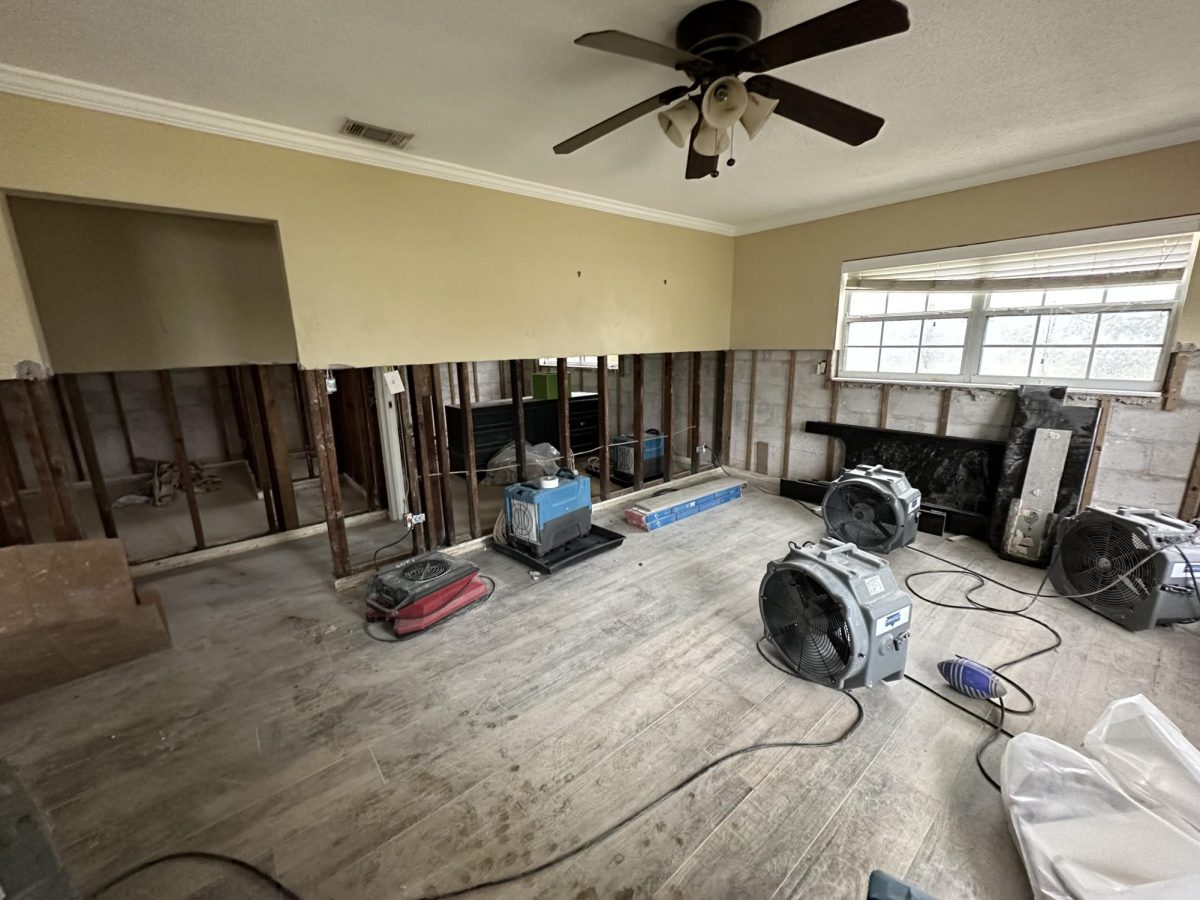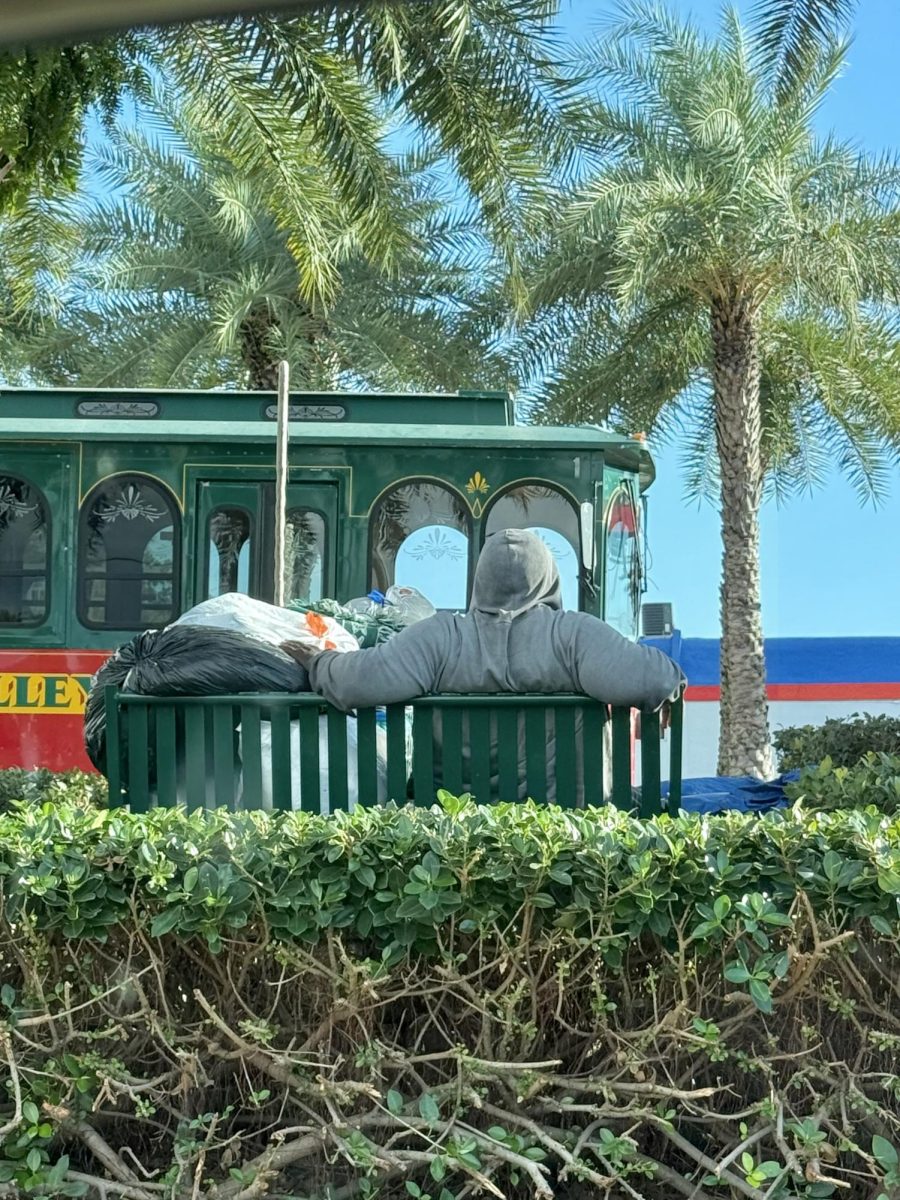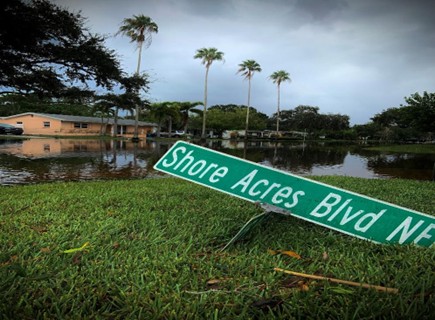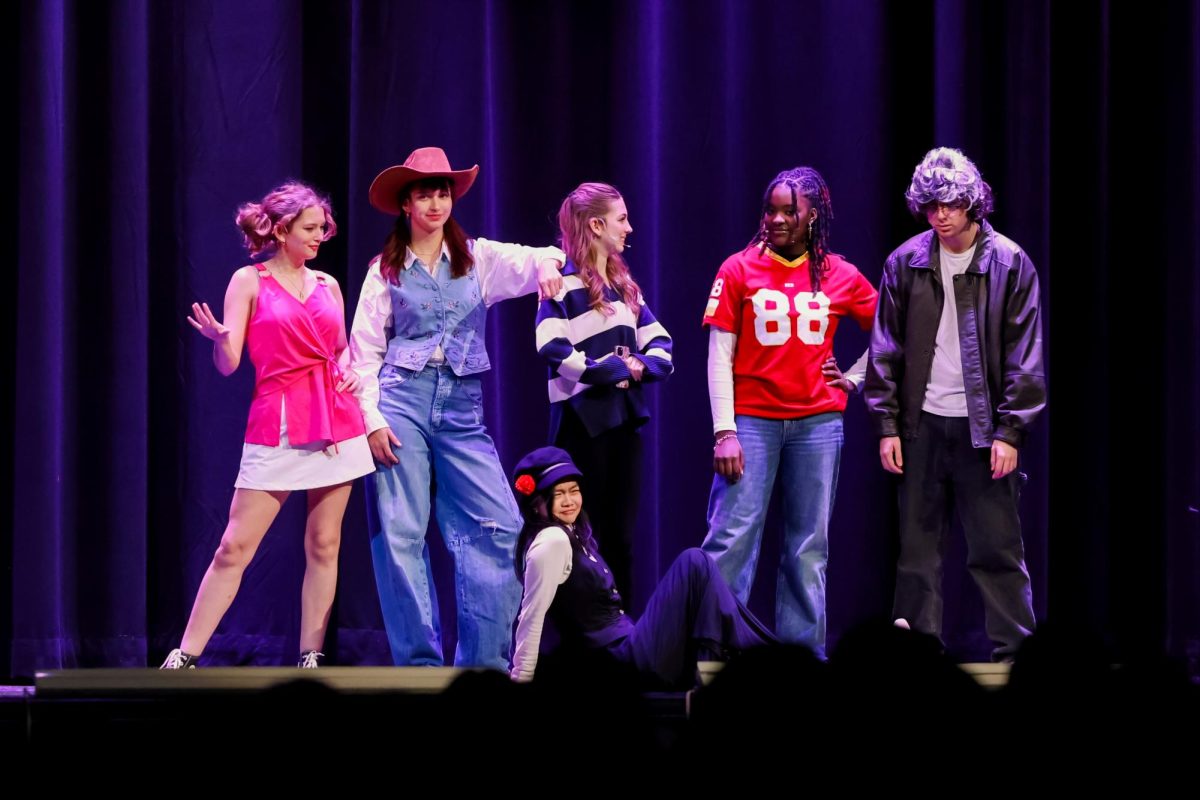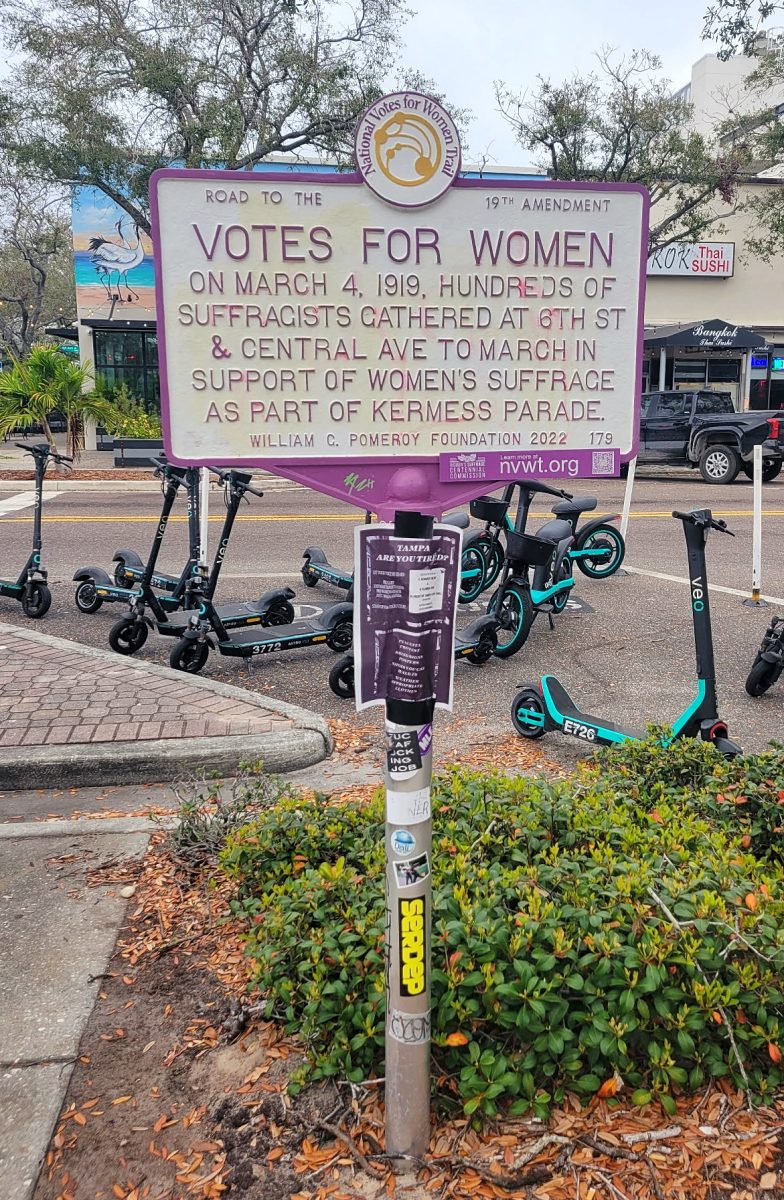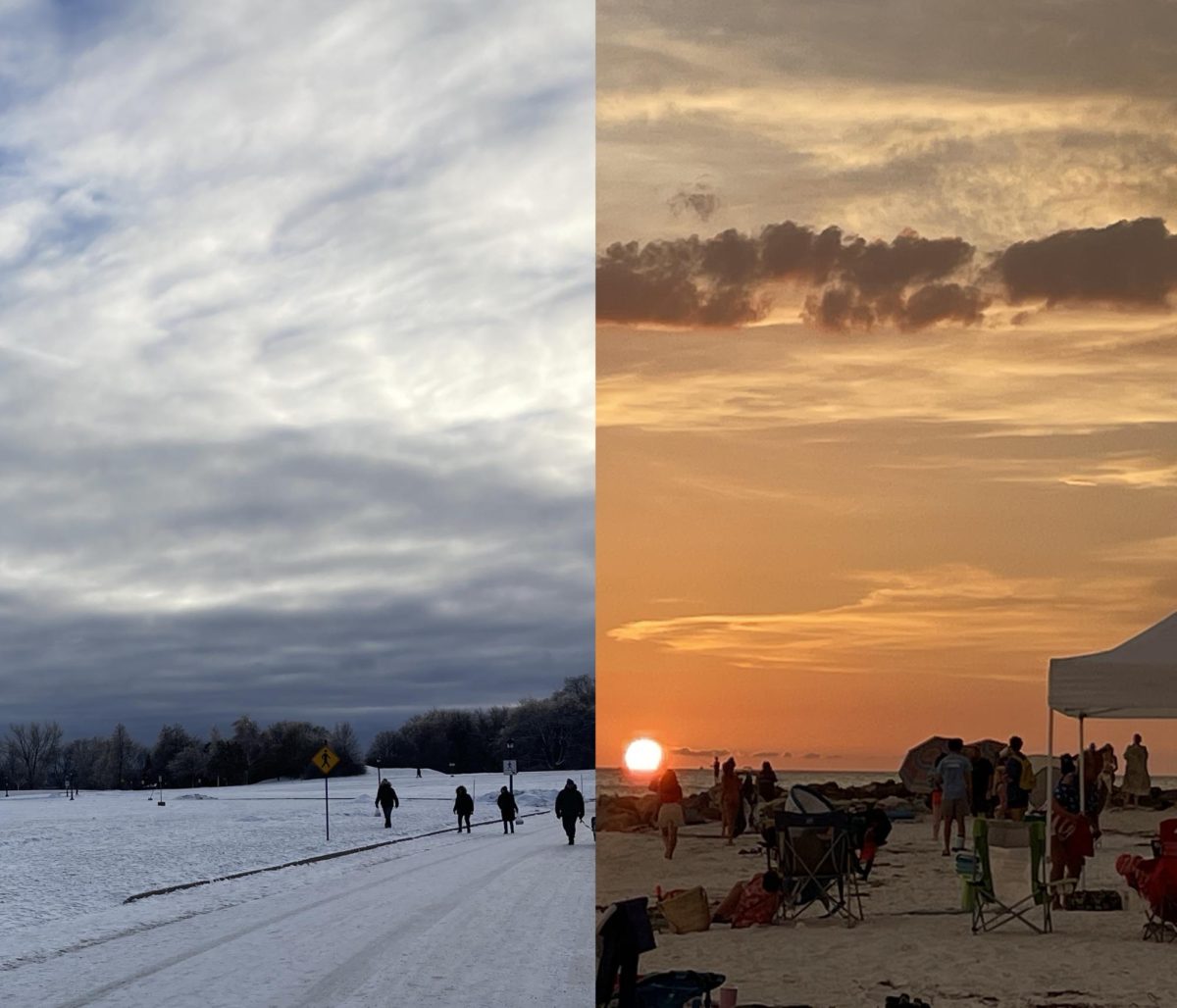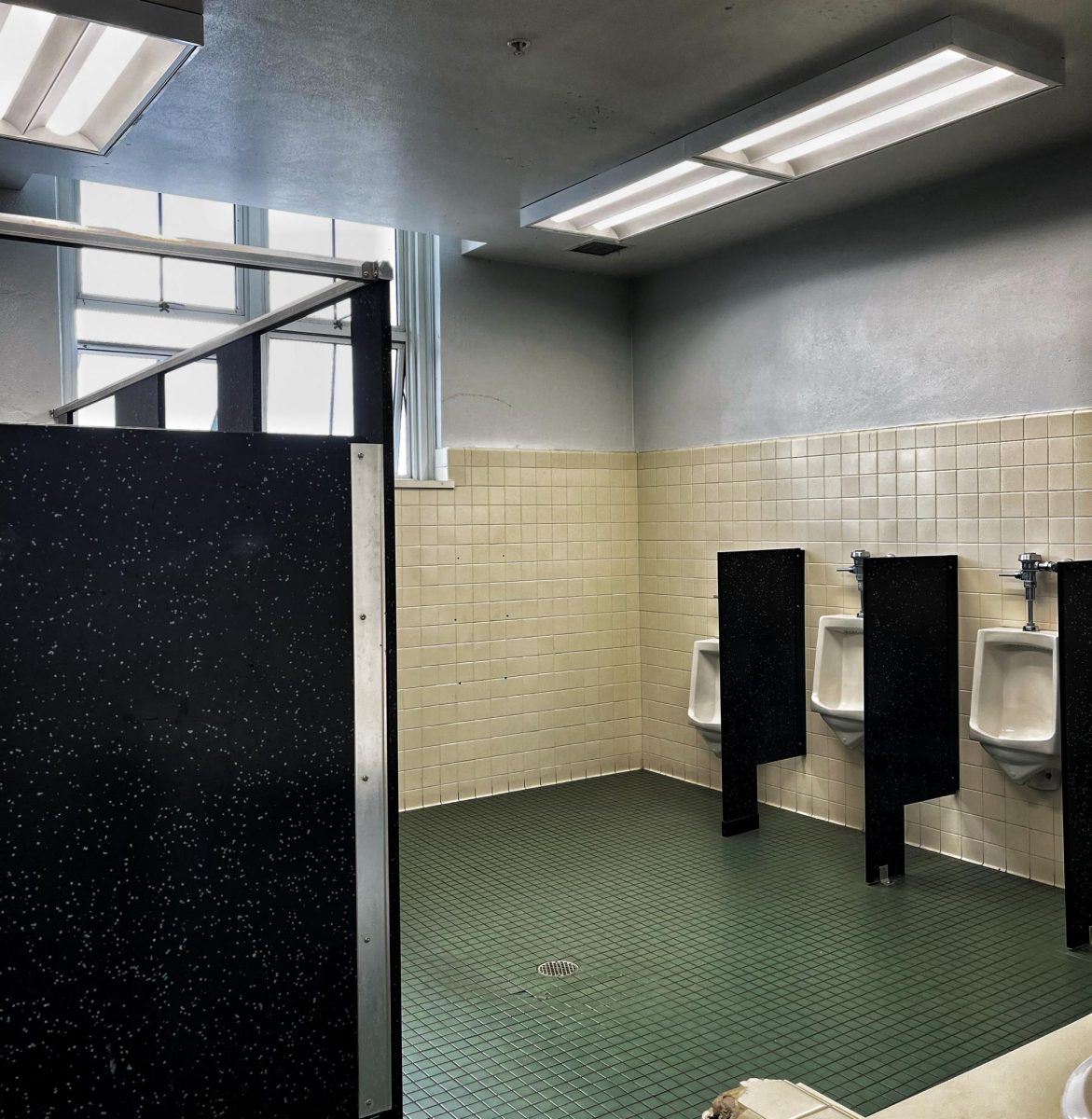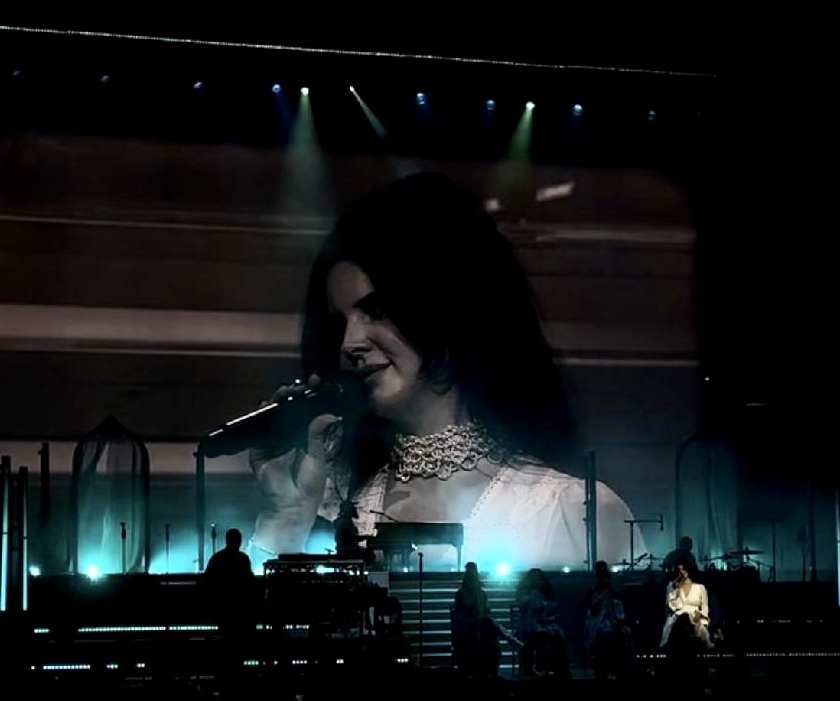On August 30th, 2023, Hurricane Idalia hit Tampa Bay as a Category 3, with winds sustaining 125 miles per hour. While some areas remained entirely unaffected, neighborhoods on the water, such as Snell Isle and Shore Acres, experienced detrimental flooding that many still have not recovered.
By the morning of August 31st, my home in Shore Acres had about two inches of water in each room, all the walls were waterlogged, and the furniture was destroyed. It wasn’t until after the flood that we found out we didn’t have renters’ flood insurance. Most of our belongings were unsalvageable: trashbags full of ruined clothes, a couch that oozed floodwater when I sat in it, and soggy childhood art projects.
After the initial days of the hurricane, my brother and I moved in full-time with my mom, and my dad moved in with his in Dunedin. I was only able to make the 45-minute commute to see my dad once or twice a month. Though these visits were few and far between, the additional traveling pushed me behind tremendously in my school work and social life.
I didn’t feel the emotional effects of the loss until two weeks after the fact. I kept holding out hope that I would eventually return to the last concrete evidence of my childhood; I hadn’t processed that this hurricane – one that I believed wouldn’t affect me whatsoever – altered my life permanently. My relationship with my dad – someone I consider to be one of my closest friends – was altered as well, to no fault of our own other than sheer distance.
Despite our landlords promising our return to the house, a month after the hurricane, we got word that our landlords would no longer be renting. Though I expected this outcome, the officiality of it fostered a new wave of emotion. Regardless of the specific circumstances of my personal life, I always had my home to anchor me to my childhood. The same day I received this news, I visited my childhood home for the very last time. Inside, there were a few wood planks in place of walls, cement cinder blocks outlined where the rooms used to be, and the cabinets and sinks were pulled into the center of the dining room.
Two weeks before the hurricane hit, I was absolutely entranced by this idea that at some point in your life, you’ll do everything for the last time without knowing it: visiting your favorite coffee shop for the last time, speaking to your hometown’s best friend for the last time, seeing your mom for the last time. You perform all of these tasks for the last time with the intention of performing them all over again, perhaps many times. The blindsighted nature of “lasts” comes at you in this state of vulnerability: expectation. I fell victim to this exact phenomenon when I left my dad’s house for the usual weekly switch to my mom’s. Big or little, I performed about a hundred “lasts” I never saw coming. I left my bed unmade, clothes littered the floor, and cold tea from the night before still sat on my bedside table.
As someone who experienced an emotionally ever-evolving childhood, material items were often what grounded me in my identity. At face value, I understand how shallow an attachment to material goods may seem, but their presence brought me back to memories overshadowed by larger life events.
In the last three years, I’ve moved five times; my dad’s home was the only place I had left that clearly grounded me in my youth. I truly believe the grief that accompanies material loss is a highly overlooked topic. Despite the underestimation of emotional disturbance in connection to the loss of tangible goods, it seems to me that the real disruption stems from the preemptive rue of loss and lasts.


